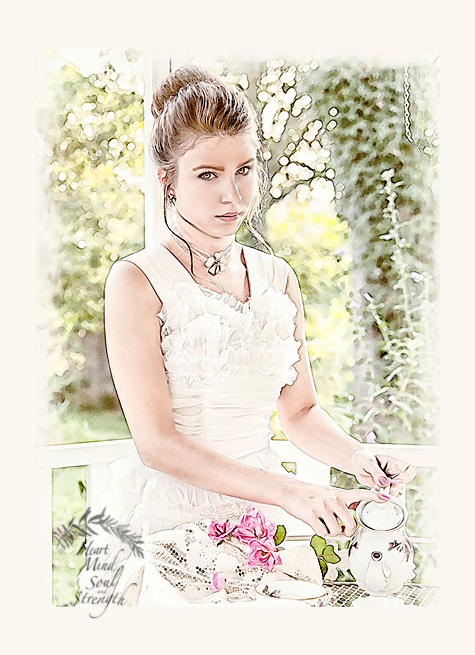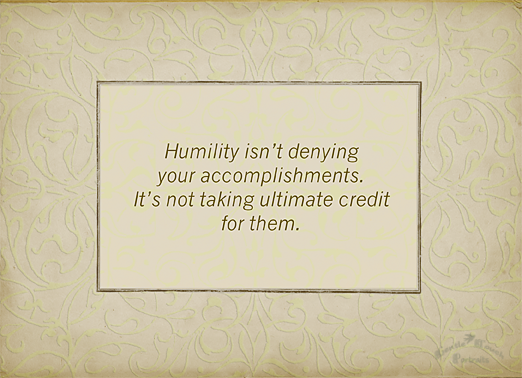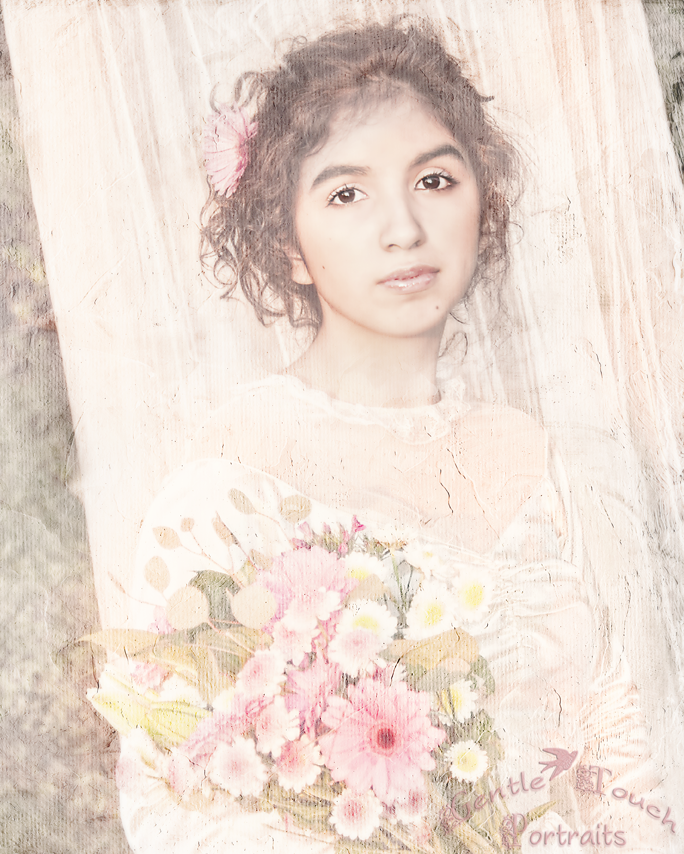 Minutia bores me. That’s my excuse for not finding out more about Husband’s family. When we’re visiting with my in-laws, every time ‘old times’ comes up, the conversation deteriorates into lists of names and places that mean nothing to me. I just don’t care who sixty years ago bought Mr. So and So’s place down the road after he died. If it isn’t beautiful or useful, I’m just not into it. I can’t see that reciting lists of names tells me anything about Husband. So what can be done to make reminiscing profitable for today? If I want to truly understand my relatives, or friends, for that matter, I must ask questions that link their past experiences to who they are today.
Minutia bores me. That’s my excuse for not finding out more about Husband’s family. When we’re visiting with my in-laws, every time ‘old times’ comes up, the conversation deteriorates into lists of names and places that mean nothing to me. I just don’t care who sixty years ago bought Mr. So and So’s place down the road after he died. If it isn’t beautiful or useful, I’m just not into it. I can’t see that reciting lists of names tells me anything about Husband. So what can be done to make reminiscing profitable for today? If I want to truly understand my relatives, or friends, for that matter, I must ask questions that link their past experiences to who they are today.
Instead of just asking my in-laws what their childhood house was like, I plan to ask them what they enjoyed the most about the houses they grew up in. I will ask, also, what they hated about their childhood houses. I will ask (altho I already know the answer) if that influenced what they tried to find in a home of their own as adults. Seeing how their past experiences affected their adult desires will help me understand their choices much better. Realizing their adult choices also impacted Husband’s childhood and now informs his adult decisions explains things for me, too. It also makes me realize that I’ve been affected by my childhood experiences. Recognizing our childhood input gives us permission to sift through our current desires that have been formed by past experience and clean out ones that don’t serve us well.
For instance, growing up I lived in a small, old quadplex with rooms along a hallway, situated on a small lot on a busy highway. But I spent a lot of time at my grandmother’s comfortable suburban home. To this day, I hate small, disconnected rooms and embrace open living areas like my grandmother’s house. My grandmother’s yard had a small garden pond which drew wildlife. As a child, how I loved watching the birds, squirrels, turtle, and frogs! Guess what? I always want a garden pond wherever I live. Out of our last 4 houses, three got ponds.
 But there is the negative side of childhood experiences informing adult decisions. I have to admit that I was sorely disappointed when we had to downsize on our last move. I had enjoyed every square inch of our previous larger houses. I admit I would look at our more-than-adequate homes and think, “Because of Husband, I’ve come a long way from that tiny apartment. Look at this lovely home I get to live in now. Hopefully, I’ll never have to go back to a cramped apartment that used to embarrass me.” And I decorated, cleaned and landscaped them with vigor knowing the luxury I had. So when our new aging-in-place home had to be small by my standards, I was let-down. Husband was just matter-of-fact. His parents grew up in small houses, owned small houses and never wanted more. I knew I was being a spoiled brat. Two old people don’t need a big house. It made perfect sense that we build a simple, little house. Who do I think I am? Living ten years in a third world country taught me how little most of the world has. But my past threatened to rise up and throw a temper tantrum. My inner child screamed, “I’ve gotten used to living in more, now I have to step down to less?! Will a nasty apartment be next? My grandmother’s retirement house wasn’t this small. I deserve a nice house because I take good care of my houses. I’ll be embarrassed to live in a plain ranch house.” Yep. That little brat in my head is proud, demanding, and intent on living up to assumed standards and not moving backward toward her childhood apartment. (Is it a coincidence that the word ‘assumptions’ starts with a three letter word?!) The good thing is, she doesn’t run my life. I’m an adult with the capacity to reason and not just react to the past. Yes, it’s a small, plain house- on the outside. But it doesn’t have to be on the inside. We made an open living area with big windows to disguise the small dimensions. We cut down on our possessions so the little house doesn’t feel crowded. We made good storage so most necessary things are out of sight. And even on the outside, through the kindness of a stranger we will have a waterfall with- you guessed it- a little pond at the foot.
But there is the negative side of childhood experiences informing adult decisions. I have to admit that I was sorely disappointed when we had to downsize on our last move. I had enjoyed every square inch of our previous larger houses. I admit I would look at our more-than-adequate homes and think, “Because of Husband, I’ve come a long way from that tiny apartment. Look at this lovely home I get to live in now. Hopefully, I’ll never have to go back to a cramped apartment that used to embarrass me.” And I decorated, cleaned and landscaped them with vigor knowing the luxury I had. So when our new aging-in-place home had to be small by my standards, I was let-down. Husband was just matter-of-fact. His parents grew up in small houses, owned small houses and never wanted more. I knew I was being a spoiled brat. Two old people don’t need a big house. It made perfect sense that we build a simple, little house. Who do I think I am? Living ten years in a third world country taught me how little most of the world has. But my past threatened to rise up and throw a temper tantrum. My inner child screamed, “I’ve gotten used to living in more, now I have to step down to less?! Will a nasty apartment be next? My grandmother’s retirement house wasn’t this small. I deserve a nice house because I take good care of my houses. I’ll be embarrassed to live in a plain ranch house.” Yep. That little brat in my head is proud, demanding, and intent on living up to assumed standards and not moving backward toward her childhood apartment. (Is it a coincidence that the word ‘assumptions’ starts with a three letter word?!) The good thing is, she doesn’t run my life. I’m an adult with the capacity to reason and not just react to the past. Yes, it’s a small, plain house- on the outside. But it doesn’t have to be on the inside. We made an open living area with big windows to disguise the small dimensions. We cut down on our possessions so the little house doesn’t feel crowded. We made good storage so most necessary things are out of sight. And even on the outside, through the kindness of a stranger we will have a waterfall with- you guessed it- a little pond at the foot.
Do I sometimes feel ‘less than’ because my neighbors have bigger houses? Oh, yeah. That bratty child plays the comparison game and stamps her foot because she loses. But the adult says, “I’m so happy for my neighbors. They are really enjoying their beautiful homes. Thank you, Lord, that you gave us a sweet, peaceful, little house that meets all our needs. Except that vile ‘need’ to look impressive.” And I remind the little brat that my life isn’t about what I own. It’s about loving relationships with people and with my God. . . about humility and gratitude.
“Then Jesus said, “Beware! Guard against every kind of greed. Life is not measured by how much you own.” Luke 12:15
Ideas for recording family history:
Answer simple questions orally
Audio or video record family members answering questions
Pros- they may explain answers more freely in conversation, you can cover many questions in one sitting, you’ll have the voice (and image) of your loved one
Cons- audio or video platforms may become outmoded with advancing technology, (but it could be transcribed to hard copy), family member may be shy about sharing verbally, conversation may get off track
 Answer simple questions in writing in small chunks, but regularly.
Answer simple questions in writing in small chunks, but regularly.
Provide questions and a suitable medium to write down the answers such as a journal, notebook, or sheets of paper later bound together.
Pros- written record, time to think about answers
Cons- takes longer, more work for family member, penmanship may not be legible, may get bogged down and not complete on own
When recording family history, encourage folks to think about their lives in terms of then and now, connecting how the past influences them today. This makes the conversation useful instead of simply repeating minutia.
Start with a question that is concrete and only requires recall, then follow it with thoughtful questions that require personal evaluation. Use questions that help them see how that past experience is shaping their values today. This exercise will reveal key motivations in your family and in yourself. Don’t just ask questions about yesterday. Ask questions that bring yesterday to today.
Sample questions to stimulate thoughtful conversation:
What skills did you admire in your parents? Do you have any of those skills? How have you used those skills? Do you feel you have advanced farther in those skills than they did? Do you feel you didn’t attain their level of skill? Do you still value and use those skills?
Did your parents get along? How did this affect you as a child? What do you do differently with your spouse than your parents did? What did you do the same?
What things did you enjoy doing with family members as a child? Did you do them with your own spouse and children? Do you do those things now with your grandchildren/great grandchildren?
What good habits and character did your parents have? How did that affect you as a child? What did you learn from seeing that in your parents? How has that influenced your choices in life? How are you passing those good habits on to your grandchildren/great grandchildren?
What bad habits or character flaws did your parents have? How did that affect you as a child? What did you learn from seeing that in your parents? How has that influenced your choices in life?

Where did you meet your mate? What were you looking for in a mate when you met? Why did you want those qualities? Did your desires turn out to be as important as you thought over your lifetime (of marriage)? What advice would you give to young adults seeking a mate?
What jobs have you had? What did you enjoy about each job? What didn’t you like about your jobs? What was fulfilling about each? What advice would you give young people who are planning their careers?
We all know that parenting is hard. What are the best things you’ve done for your children? What are the best things you’ve done with your children? Your grandchildren? What do you hope they have learned from you?
Sources for Questions
https://www.tempe.gov/Home/ShowDocument?id=30255
http://oralhistory.library.ucla.edu/familyHistory.html
http://www.legacyproject.org/guides/lifeintquestions.pdf
http://oldfashionedliving.com/bioquestions.html
https://www.storyworth.com/questions
https://www.jewishgen.org/InfoFiles/quest.html#
Sources for Services
Pass It Down has been built upon hundreds of writing prompts, created by some of the world’s top biographers. Above all, we have designed our service to always give you fresh ideas to talk about. Here’s a set of simple questions to get you started today.
Turn your family interviews into a family history book with the Write Your Family History toolkit, available from Family Tree Shop.
These questions can be used on their own or in addition to Tamera’s Biographical Scrapbook Project You may also enjoy: Writing a Bio-poem, The World According To Your Child, Pathways to the Past
My Dear Girl…… You could live in a new fad ‘Tiny House’ and it would look like a mansion onside and out. Our Lord has given you a talent to see the heart of the house and the ability to make it a home. No matter what the size 5000 sq ft or 600. Though I do know what you mean about the ‘Bratty’ tantrum…. Then remembering it is all just stuff we cannot take with us..
You’re so kind, friend. Thanks. Every time we pass a “Tiny House”, J asks me if I want to buy it. Ha!Ha! Can’t picture you having a ‘Brat’ inside, but I guess we all do. Yes, you are right ‘remembering it is all just stuff we cannot take with us’! Thanks for your comment. Hugs.